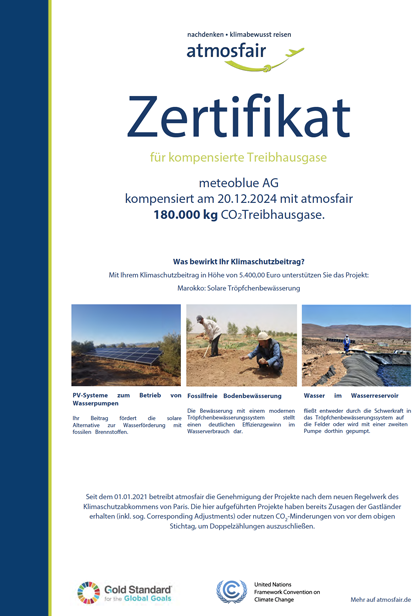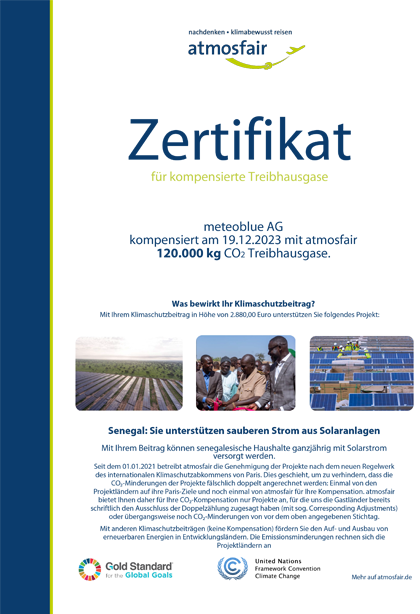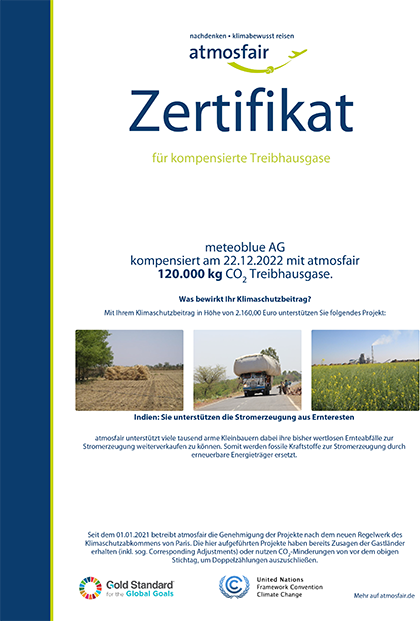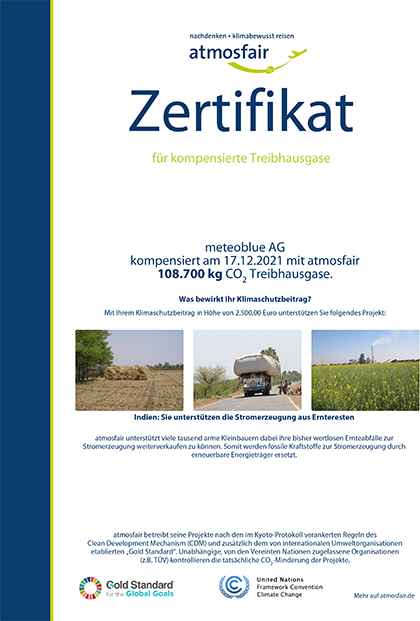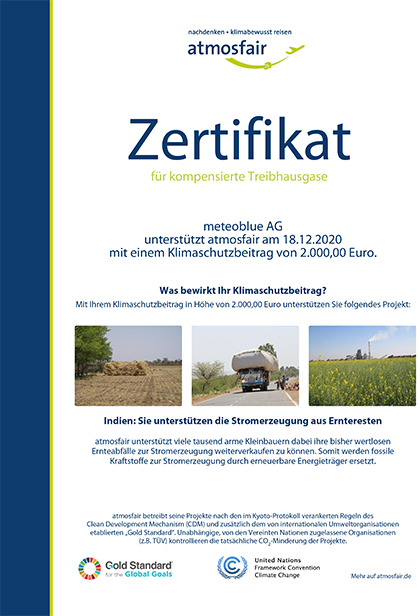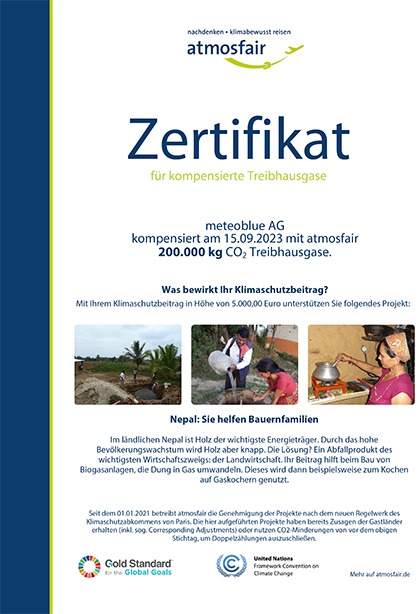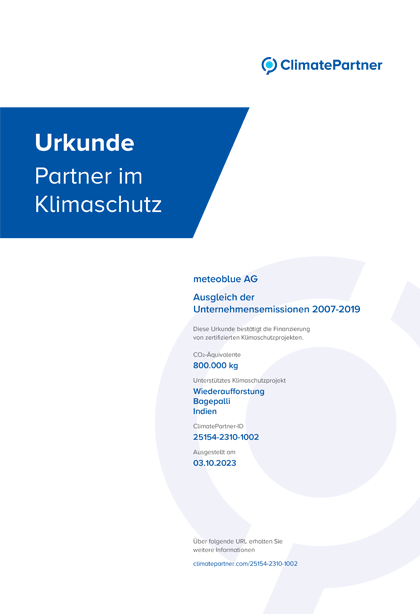- We strive to embody environmental responsibility in all our actions
- We consistently minimise energy consumption and waste
- We run our operations on 100% green electricity
- We have offset all emissions since the foundation of meteoblue in 2006
- We carefully select CO2 projects with genuine, impactful results
- We provide maximal transparency regarding our climate protection efforts
Our Climate Mission
Our climate mission is embodied by our climate protection strategy, which guides all our operations and decisions. This involves consistently reducing emissions and actively promoting climate awareness across all aspects of our business:
 Dedication to green energy in our operations
Dedication to green energy in our operations
At the core of our commitment to environmental stewardship is our dedication to using sustainable energy sources. This is exemplified by our servers, which run exclusively on 100% green electricity. By making this conscious choice, we not only reduce our carbon footprint but also set a standard in the industry for environmental responsibility.
 Eco-friendly heating solutions
Eco-friendly heating solutions
In our commitment to sustainability, meteoblue opts for green heating solutions wherever possible. By using eco-friendly heating, we significantly reduce our carbon footprint, furthering our contribution to environmental protection.
 Reducing travel emissions
Reducing travel emissions
Understanding the significant environmental impact of travel, we actively minimise air and car travel. We utilise sustainable transportation methods, significantly reducing our overall emissions and setting an example for environmentally conscious business practices. Employees are actively encouraged to use bicycles or other carbon-free forms of transportation in their daily commute.
 Commitment to recycling
Commitment to recycling
At meteoblue, recycling is not just a practice, but a core principle. We are dedicated to minimising waste through active recycling initiatives, contributing to a more sustainable, circular economy.
 Fostering a culture of sustainability
Fostering a culture of sustainability
Promoting sustainability among our team members is a key focus. We educate and encourage our team to integrate sustainability into their work and personal lives, fostering a culture of environmental responsibility.
 Weather data for sustainability projects
Weather data for sustainability projects
Utilising our expertise in weather and climate, we support a variety of sustainability projects by providing data and assessments on climate risk and adaptation. Our insights in the fields of weather and climate are not just a commercial asset but also a tool for advancing environmental initiatives.
 Engagement in research and public service
Engagement in research and public service
meteoblue is actively involved in research and non-commercial initiatives. These efforts aim to better understand and protect our environment, reflecting our deep commitment to sustainable development.
 CO2 Compensation
CO2 Compensation
Beyond our immediate operations, we have taken a retrospective approach to our environmental impact. We proudly compensate for all emissions produced since meteoblue was founded. In offsetting our carbon footprint, we meticulously choose our CO2 compensation partners to ensure they provide genuine and tangible environmental benefits. Details are below.
 Transparent climate protection communication
Transparent climate protection communication
meteoblue is steadfast in its commitment to transparent communication regarding our climate protection strategy. This includes detailed disclosure about our CO2 emission calculations and compensation efforts. We invite interested parties to closely examine our environmental engagement, challenging us to continually improve our practices. Furthermore, we encourage others to adopt similar transparent methods in their climate protection efforts.
Our CO2 Compensation Projects
Rwanda: Efficient Cookstoves to Reduce Firewood Use
Provider: atmosfair
Standard: Gold Standard
| 2025 |
|---|
| 135t |
| 4,050 € |

As one of the world's most densely populated nations, Rwanda faces intense pressure on its natural resources. The vast majority of households rely on charcoal and firewood for cooking, making timber a scarce and fiercely contested commodity. This project introduces high-efficiency "Save80" cookstoves to rural communities, which consume 80% less wood than traditional open fires. By drastically lowering biomass demand, the initiative slows deforestation, protects local biodiversity, and improves indoor air quality for thousands of families.
meteoblue supports this project because it targets the root causes of ecosystem degradation. By promoting energy-efficient technology, we help mitigate the loss of vital carbon sinks in a region highly sensitive to climatic shifts. This partnership reflects our commitment to sustainable resource management and the empowerment of communities to build resilience against environmental pressure.
Read moreGhana: Production of Biochar in Rural Regions
Provider: atmosfair
Standard: Gold Standard
| 2025 |
|---|
| 15t |
| 2,550 € |

In the arid regions of Northern Ghana, farmers struggle with depleted soils and increasingly unpredictable rainfall. This project empowers smallholders to produce biochar from agricultural waste, a process that achieves "negative emissions" by locking carbon permanently into the soil. Beyond sequestration, biochar acts as a "nutrient sponge," significantly enhancing the soil's capacity to retain water and minerals. This leads to robust crop yields and reduces the necessity for costly chemical fertilizers, fostering a circular and self-sufficient agricultural model.
meteoblue is excited to support a negative emission project for the first time, and we plan to continue and extend this additional contribution in the coming years. As a provider of precision weather and environmental data, we recognize that soil health is a cornerstone of climate adaptation. By investing in biochar, we are supporting a circular technology that actively removes CO₂ from the atmosphere while securing the livelihoods of those at the front lines of global warming.
Read moreMorocco: Solar Drip Irrigation for Smallholder Farmers
Provider: atmosfair
Standard: Gold Standard
| 2024 |
|---|
| 180t |
| 5,400 € |
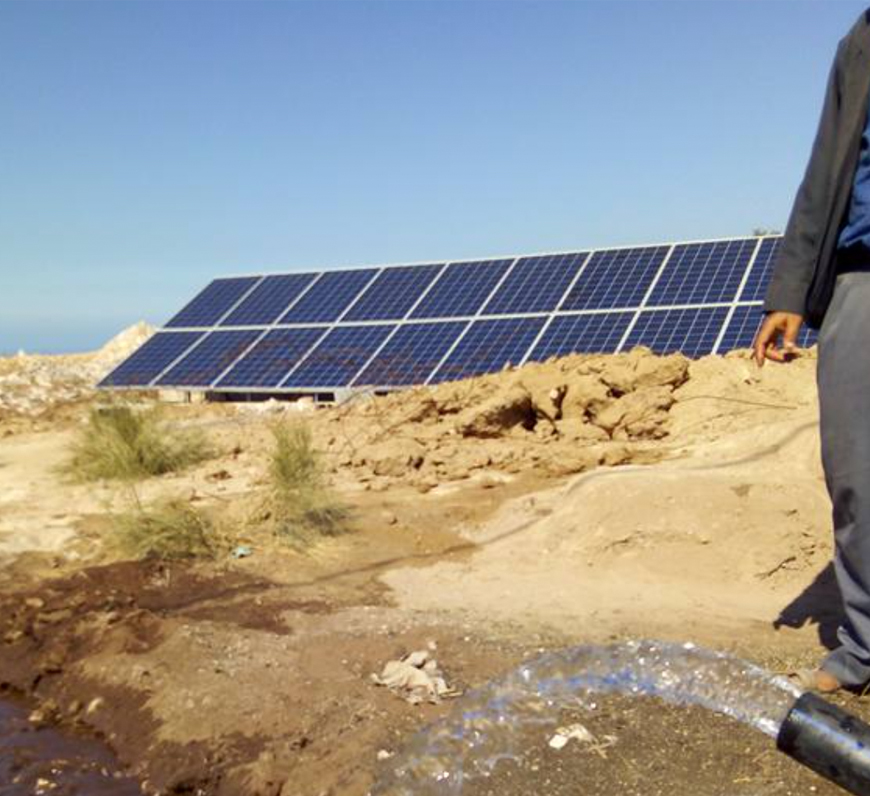
Farmers in rural Morocco heavily rely on fossil fuels, such as diesel and butane gas, to power their irrigation systems. This project's aim is to replace fossil fuel-powered irrigation pumps with solar-powered systems through a hire-purchase programme managed by atmosfair and Solar Future. The prerequisite installation of efficient drip irrigation systems also reduces water waste, conserves groundwater levels, and ensures sustainable farming alongside climate-friendly energy generation. Supported by Morocco's Plan Maroc Vert, farmers benefit from lower energy costs, improved sustainability, and reduced CO2 emissions.
meteoblue supports this project as it aligns with our mission to promote sustainability and provides solutions to environmental challenges. By advancing climate-friendly farming practices and reducing greenhouse gas emissions, the project addresses critical issues like energy efficiency and water conservation in a sector heavily influenced by weather and climate. This reflects our commitment to fostering resilience and empowering communities to adapt to a changing environment.
Read moreSenegal: Clean Energy from Solar Systems
Provider: atmosfair
Standard: Gold Standard
| 2023 |
|---|
| 120t |
| 2,880 € |
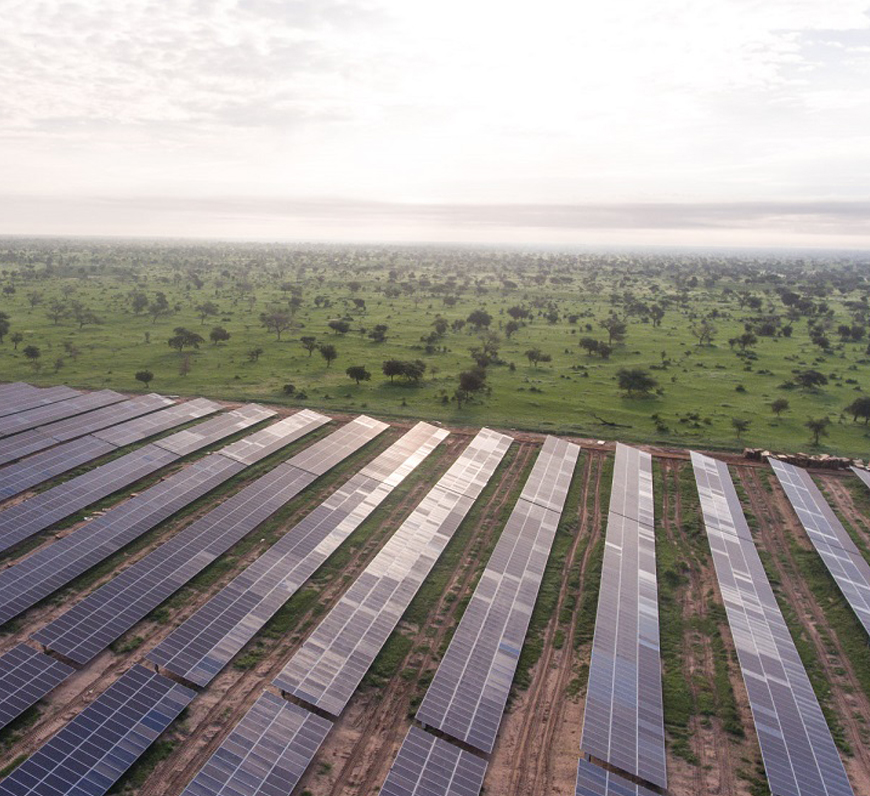
In Senegal, a groundbreaking project is reshaping the nation's approach to energy with the introduction of large-scale Solar-PV plants. These facilities, operational since 2017, are not only engineering achievements but also beacons of sustainable progress, producing an impressive 50 GWh of clean electricity annually. This initiative is pivotal in reducing Senegal's reliance on fossil fuels, cutting down CO2 emissions significantly.
In partnership with local companies like Senergy PV SA and Ten Mérina Ndakhar SA, this project is more than an energy solution; it's a commitment to sustainable development and community empowerment. Creating job opportunities and supporting the local economy, this initiative aligns with our dedication to environmental stewardship and global sustainable development goals, marking a significant step towards a greener future.
Read moreIndia: Electricity from Crop Residues
Provider: atmosfair
Standard: Gold Standard
| 2020 | 2021 | 2022 |
|---|---|---|
| 85t | 108.7t | 120t |
| 2,000 € | 2,500 € | 2,160 € |
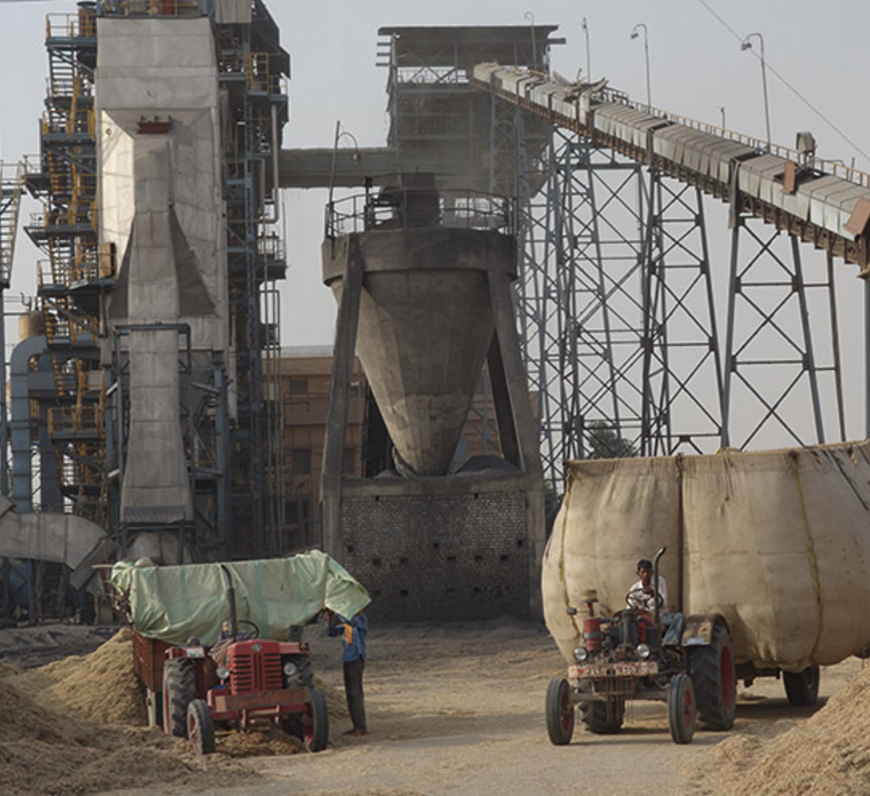
In the arid regions of Rajasthan, India, mustard farming forms the backbone of local agriculture, but often leaves farmers with excessive waste in the form of stems and shells. Historically discarded or burned, these residues have found renewed purpose since 2007. A biomass plant in Tonk harnesses this waste as an energy source, producing electricity.
To facilitate this, decentralized collection centers within a 50-kilometer radius ensure farmers can easily sell what they had previously considered to be waste. This initiative, partnered with KPIL (Kalpaturu Projects International Limited), not only champions renewable energy but also bolsters local agriculture and job creation. We have collaborated with this transformative project, compensating for our annual emissions consecutively in 2020, 2021, and 2022.
Read moreNepal: Household Biogas Plants
Provider: atmosfair
Standard: Gold Standard
| Historical emissions |
|---|
| 200t |
| 5,000 € |
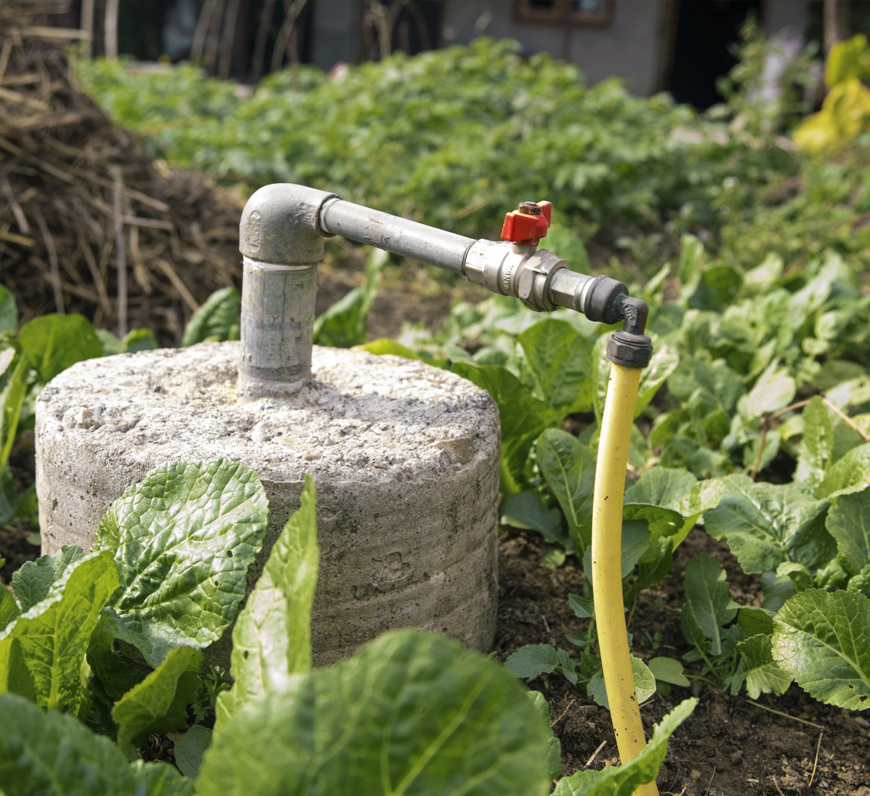
In line with our philosophy of sustainable environmental stewardship, the Nepal "Biogas Support Program" is making transformative strides. Traditionally, Nepalese households relied on wood for cooking, leading to deforestation and health issues from smoke.
The program addresses these challenges by introducing small biogas plants in rural areas. Using a slurry from cow disposal mixed with water, it's converted to gas for cooking. This not only reduces the dependence on firewood but also provides environmental benefits, like reduced deforestation and a natural fertilizer by-product. With over 240,000 biogas plants, the initiative offsets 680,000 tonnes of CO2 annually. meteoblue is both proud and elated to support such a remarkable project.
Read moreIndia: Climate Protection through Reforestation
Provider: ClimatePartner
Standard: Gold Standard
| Historical emissions |
|---|
| 800t |
| 24,400 € |
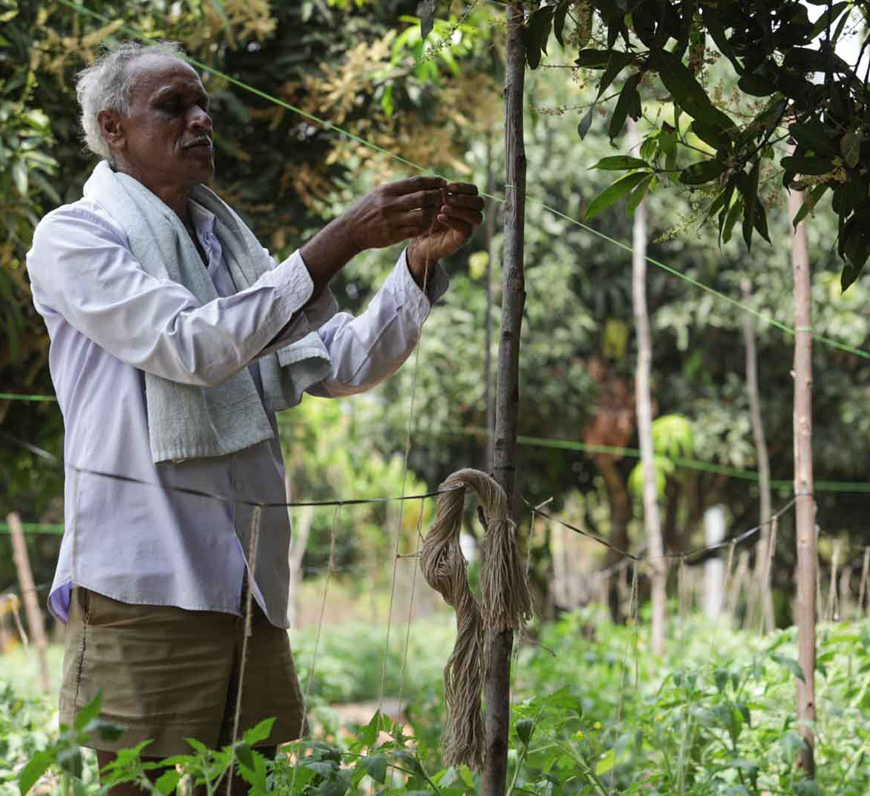
In the Chickballapur district of Karnataka, India, degraded agricultural lands are being reforested. Originally, the land, with its limited water supply and poor soil conditions, belonged to the region's poorest farmers. Now, 1,296 farming families from 155 villages actively participate in the project, planting a variety of trees, such as mango, cashew, and silver oak, and safeguarding them with protective measures.
This initiative is pivotal for Climate Action. Forests, essential carbon sinks, offer myriad benefits including air filtration, soil stabilization, and wildlife habitats. The project aligns with several UN Sustainable Development Goals, including climate action, responsible consumption, and life on land, and is projected to offset around 92,100 tonnes of CO2 annually. Proudly supported by meteoblue.
Read more


